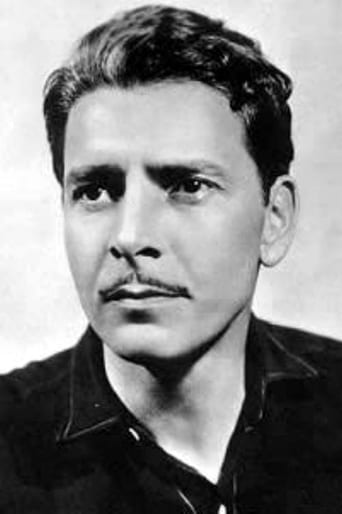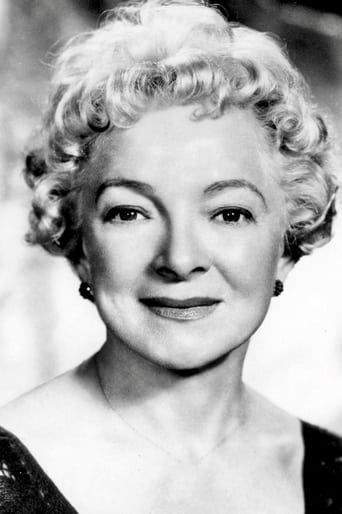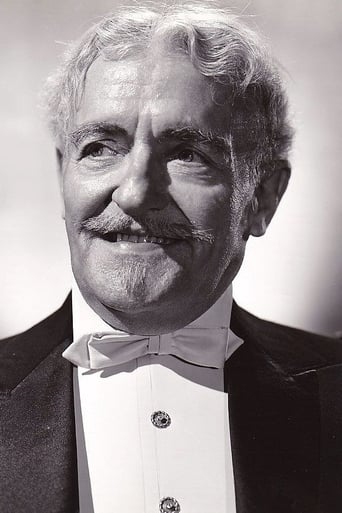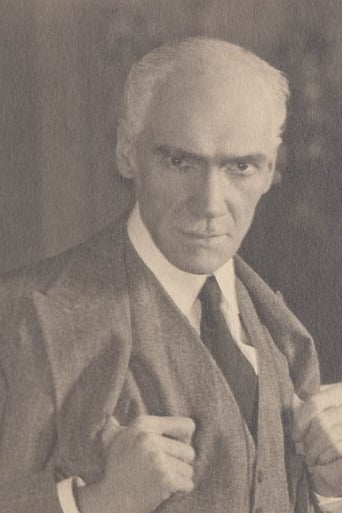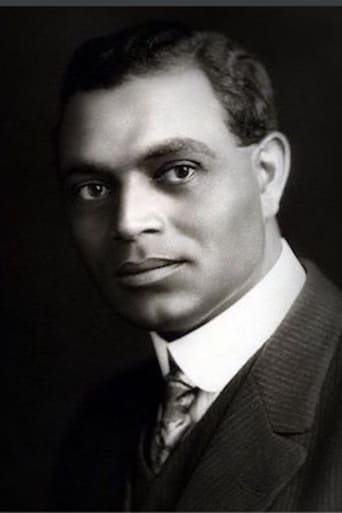Hottoceame
The Age of Commercialism
SnoReptilePlenty
Memorable, crazy movie
FirstWitch
A movie that not only functions as a solid scarefest but a razor-sharp satire.
laursene
Arrowsmith has a lot going against it--principally that Ronald Coleman was too old for the part and had the wrong accent, and that John Ford (according to Helen Hayes's autobiography) edited the script down considerably during filming, leaving the story episodic and with context and motivation in some scenes unclear. That said, it's quite an interesting film. For one thing, it was made when Prohibition was still in force, and portrays the drinking culture of the time (Arrowsmith promising to take Sondelius someplace they can get a "real beer," the quite openly operating speakeasies) revealingly. It was pre-Code, too, and the striking, dialog-less scene in which Arrowsmith (married) returns to his room while Myrna Loy's character is obviously preparing to receive him next door, is quite sophisticated for Hollywood. Most impressive are the angular compositions and starkly lit, off-kilter shots with which Ford fills the Caribbean section of the movie. This was the period when Ford was absorbing lessons from German expressionist cinema (culminating a few years later with The Informer), and they help create the proper woozy atmosphere for an island in the grip of the plague. Even the truncated script helps, in a sense, lending the film a narrative unpredictability that leavens the rather sanctimonious story about an idealistic doctor sorting out his values. When Arrowsmith starts to lose control late in the film, we're just a few steps away from Dr. Frankenstein in his mountaintop lab--which would greet moviegoers just a short time after Arrowsmith premiered.
museumofdave
The kind of a movie they don't make any more, and probably couldn't and possibly shouldn't; being from 1931, it's fairly primitive in some ways, but has excellent production values and a prestige cast for the period--silent star Ronald Colman is perfectly suited as the dedicated doctor who wants so desperately to succeed in helping humanity, Helen Hayes poignantly overacting (as she so often did) as his patient helpmate; Colman's polished diction and English good looks convince the viewer of his sincerity in the face of institutional insensitivity, but the script based on the Sinclair Lewis novel tends to bog down in talk, attempting to please all the folks at the time who read the book. There was a time when movies did their best to build positive images of human beings doing their best, and this is one of those films--it does not date well, but is worth watching because of Colman--as a bonus, Myrna Loy gets to vamp a wee bit as "the other woman," and Ward Bond pokes his nose in as a cop.
wes-connors
I was very confused. What happened to the Doctor on the telephone line? What happened between Mr. Colman and Ms. Loy? I guess this is a case where less is not more. (So, a scene with Colman resisting Loy's advances, and she respecting him for it, was cut?)The acting is a collision of three types: Stage, Silent, and Talking. Some of the camera work was nice... most everything else was way below what you'd expect from even an early talking movie.The doctors in these early films sure drink and smoke a lot... The moral of the story, I guess is that women should not smoke - witness what happens to poor Ms. Hayes! *** Arrowsmith (12/7/31) John Ford ~ Ronald Colman, Helen Hayes, Myrna Loy
MartinHafer
If you ignore the fact that this movie bears only a sketchy resemblance to the excellent novel by Sinclair Lewis (the first half of the book is boiled down to about the first 10 minutes of the movie) and that the title character seems like a jerk, then this movie will probably please you. Otherwise, there are certainly better Ronald Coleman movies out there.Ronald is a hard-drinking (though you never see this in the movie) country doctor that longs to be a researcher looking for cures for a variety of medical problems. Unfortunately, he is 100% business in the movie and when his wife dies, it seems completely due to his neglect. This ISN'T the message Lewis wanted us to get from his novel and there are many sub-par moments in this film--despite being multi-Oscar nominated. This just hasn't aged well and the subtlety of the Lewis novel is missing.John Ford directs this sub-par flick.
